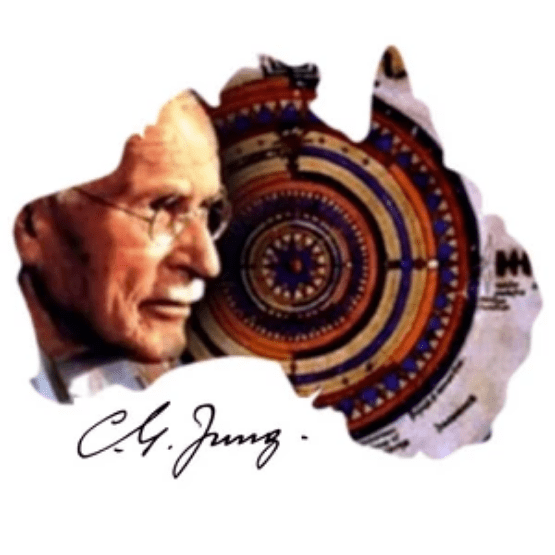

C G Jung Society
Western Australia

From early on in his life, Jung recognised two distinct personalities within himself.
No 1 was involved in the every day ordinary world, was rational and ambitious, studied science and wanted civilised prestigious life.
No 2 connected with the experience at the age of three, sitting on a granite stone and feeling something eternal in the stone, that was also in him. This side held meaning and connection.
Jung struggled most of his life with the conflict between these two personalities. He became attracted to psychiatry while studying medicine when he read in a book by Kraffe Ebbing that psychiatry is subjective and the psychiatrist responds with his own personality. He felt his two personalities could connect in psychiatry.
"Here at last was a place where the collision of nature and spirit became a reality"
C G Jung
2024 Presidents Greeting
Dear Members and Friends,
Welcome to the 2024 season of events. We have a wonderful variety of speakers and topics this year, and I am really looking forward to it. We will continue in our new venue at the Lesser Hall in the Cottesloe Civic Centre. This venue is terrific and is starting to feel like home. Once you find it! It isn’t difficult but the first time might be tricky. There is a map and instructions on the website.
We will start the year in April with a special event, a lecture and workshop with Allan Guggenbühl, a Jungian Analyst from Zürich. His lecture will be on the Wisdom of Psyche and the one day workshop will be on Mythodrama: The Power of Stories an introduction to a therapeutic group method and conflict management.
In May we have a zoom lecture with Henry Abromovitch, a Jungian Analyst in Israel. He will be speaking on sibling relationships Siblings: Discovering the importance of brother and sister for identity, wellbeing and in the process of individuation.
In June I will be presenting on Rix Weaver’s book on Herman Hesse, Spinning on a Dream Thread, Psychedelics, Psychoanalysis and the Creative Process.
The July lecture will be by Debbie Ford (Paulik) How Dreaming Revealed Inter-Generational Trauma from her forthcoming book on dreams.
August sees Lorenz Gude returning for a lecture on a subject he has been working on for a number of years, Jung, Husserl and the Recovery of Transcendence.
In September our final lecture will be on Shame, by Jungian Analyst Vivien Bainbridge.
Vivien and Jungian analyst Manita Beskow continue to run their monthly Fairy Tale discussion group on every third Saturday.
The AGM will be held on zoom in April. Members will be notified of closer to the date.
And finally, don’t forget to check out our fabulous Jung Society Library. It is open the first Sunday of the month from 2-5pm or by appointment with Olive.
We look forward to seeing you there!
Sincerely,
Brittain Garrett
WA Jung Blog
April 11, 2022August 24, 2020May 31, 2020March 12, 2020March 12, 2020March 12, 2020March 12, 2020March 12, 2020March 12, 2020Sign up for mailing list
